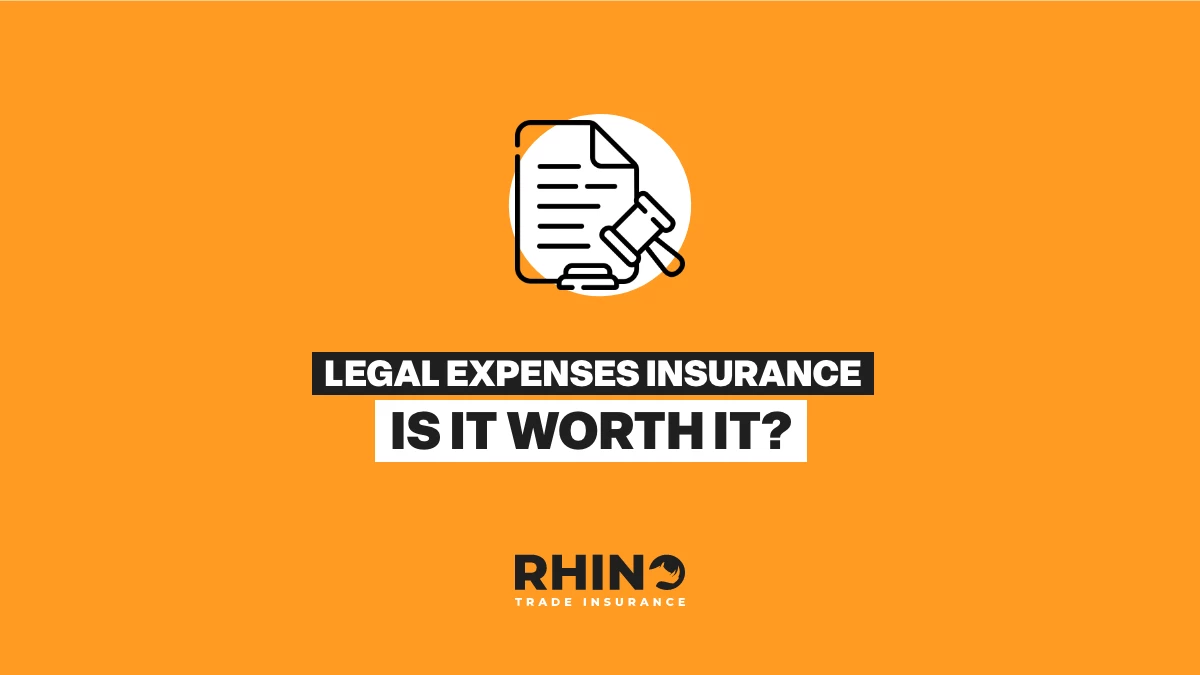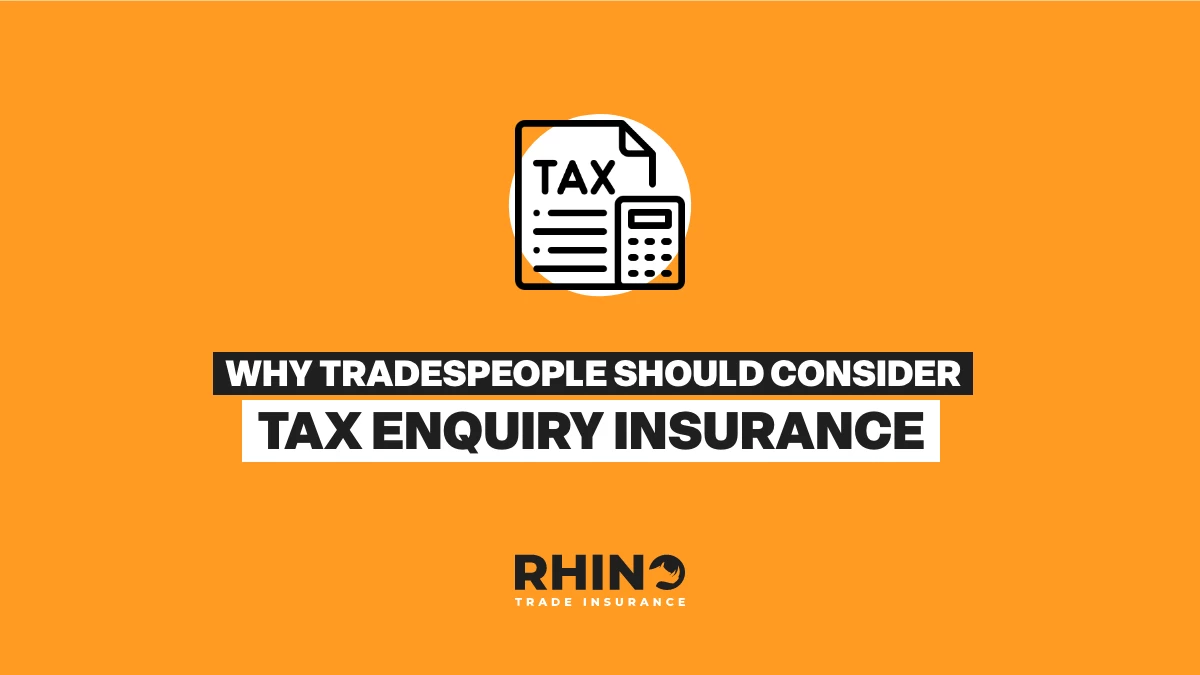
Legal Expenses Insurance – Is it Worth It?
Legal Expenses Insurance for tradespeople explained—what it covers, when you might need it, and how it protects against costly legal fees.
In the trades, from carpentry to plumbing, electrics to building, your day-to-day work is built on trust. Trust in your skills, trust in your clients, and trust in the tools of your trade. However, there is an unseen danger lurking in the background – insurance scams. These scams can not only disrupt your business but also cause significant financial and reputational damage.
Here, we will explore how insurance scams work, what tools scammers use, and how you, as a tradesperson, can protect yourself.
Insurance scams have been around as long as insurance itself. However, with technological advancements, scammers have become more sophisticated. In 2024, the common tactics include:
Ghost brokers are perhaps the most dangerous scammers in the insurance world. They often target tradespeople because they know the necessity of having insurance for legal and practical reasons. Here's a typical scenario:
Consider John, a self-employed plumber in Manchester. John received a call from a so-called insurance broker offering a policy that was £400 cheaper than his current one. Given the rising costs of materials and tools, John jumped at the chance to save some money. He paid the premium and received a policy document. Months later, when his van was broken into and his tools stolen, he found out the hard way that his policy was fake. He had no cover and faced a significant financial loss.
Scammers use a variety of tools to deceive tradespeople. Understanding these tools can help you recognise and avoid scams.
To protect yourself and your business, here are some practical tips:
In 2024, scammers are using increasingly sophisticated methods to impersonate legitimate companies. Here's how to spot and avoid them:
Shady Emails
Dodgy Texts
Shady Phone Calls
Q1: How can I verify if an insurance broker is legitimate?
Check if the broker is registered with the Financial Conduct Authority (FCA). You can do this by checking the FCA website and searching for the broker's name.
Q2: What should I do if I suspect I am dealing with a ghost broker?
Do not provide any personal or financial information. Report your suspicion to Action Fraud, the UK's national reporting centre for fraud and cybercrime.
Q3: Can I get my money back if I have been scammed?
If you've paid with a credit card, contact your card provider immediately. They may be able to help you recover your money. Report the scam to the police and Action Fraud.
Q4: How do I report a phishing email or text?
Forward phishing emails to the National Cyber Security Centre at report@phishing.gov.uk. For phishing texts, forward them to 7726, which is free of charge.
Q5: How can I protect my business from insurance scams?
Stay informed about common scams, educate your employees, and use secure payment methods. Always verify the legitimacy of brokers and insurance companies.
At Rhino Trade Insurance, we understand the unique challenges that tradespeople face. We are committed to giving you comprehensive and affordable insurance policies tailored to the needs of tradesmen and women across the UK. Our policies cover lots of trades and offer robust protection, ensuring you can focus on what you do best – your trade.
We pride ourselves on our transparency, reliability, and customer-focused approach. As a trusted name in the industry, we are fully regulated by the FCA, and our team is ready six days a week to assist you with any queries or concerns. Whether you need Public Liability Insurance, Tools Insurance, or any other type of cover, Rhino Trade Insurance is here to safeguard your business.
Insurance scams are a real and growing threat in 2024, but if you keep your wits about you, you can protect yourself and your business. Always verify the legitimacy of insurance brokers, watch out for red flags, and never hesitate to report suspicious activity.
At Rhino Trade Insurance, we are dedicated to supporting tradespeople by providing trustworthy and affordable insurance solutions. Stay safe, stay insured, and keep building your success. Call us today for more info on your next policy: 0116 243 7904.
Legal Expenses Insurance for tradespeople explained—what it covers, when you might need it, and how it protects against costly legal fees.
Worried about a tax investigation? With HMRC cracking down in 2025, Tax Enquiry Insurance from Rhino gives UK tradespeople expert protection and peace of mind.
Rhino Trade Insurance CEO Troy Stevens joins industry leaders at the House of Commons to discuss the rising issue of tool theft—highlighting its impact on UK tradespeople and the importance of awareness and protection.
Tell us your trade and get a tailored insurance quote for your business in seconds
Our team of experts are available to talk to Mon-Fri 08.30-17.30 and Sat 10.00-14.00

